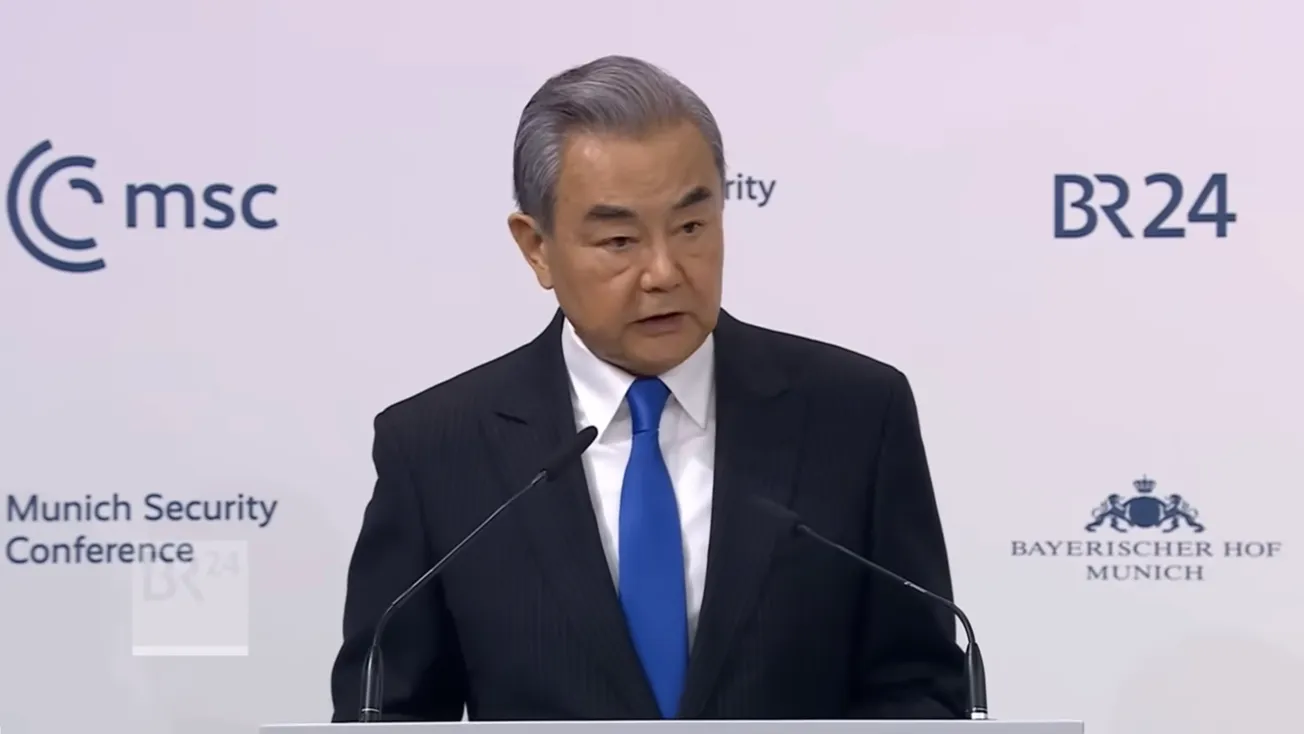The Eurasian Economic Commission (EEC) of the Eurasian Economic Union (EAEU) held a panel discussion on Sept. 11 within the framework of the Eastern Economic Forum in Vladivostok, under the headline: “Greater Eurasia: Drivers for the Formation of an Alternative International Monetary and Financial System.”
One of the speakers was Sergey Glazyev, the Minister for Integration and Macroeconomics of the EEC, and Academician of the Russian Academy of Sciences, according to the account published by Roscongress. “In his speech (Glazyev) noted the successes of the Eurasian Economic Union in the transition to payments in national currencies and emphasized that this issue is especially relevant in the context of developing plans for the further development of the EAEU and its positioning in the Greater Eurasia space. Glazyev also emphasized that the creation of a new world currency is being actively discussed at key platforms of regional and interstate associations, including BRICS, whose weight in the world economy is constantly increasing.” (The session video, in which Glazyev speaks at 7:45 minutes, is dubbed into English at https://eec.eaeunion.org/news/sergey-glazev-na-vef-2023-novomu-mirokhozyaystvennomu-ukladu-nuzhna-novaya-valyutno-finansovaya-arkh/.)
The Deputy Chairman of the State Duma of the Russian Federation Alexander Babakov also spoke in support of the idea of creating a new international unit of account, but emphasized that “Russia had to reduce the volatility of the ruble and pursue a monetary policy adequate to the tasks of national development,” according to Roscongress.
Before the opening of the EEF, Glazyev had written on his Telegram channel on Sept. 8: “If we want to achieve macroeconomic stability and growth, it is necessary to stop the export of capital. To do this, introduce foreign exchange restrictions on capital transactions, reinstate the mandatory sale of foreign currency earnings and begin targeted lending for investments. (This is) how China, India and other successfully developing countries do it successfully.” Glazyev contrasted this with the current policy at the Russian Central Bank, which is “driving us deeper into the swamp of the periphery of the world economy as a financial donor, as the management of the Bank of Russia, biased by Washington financial organizations, has been doing for many years.”



